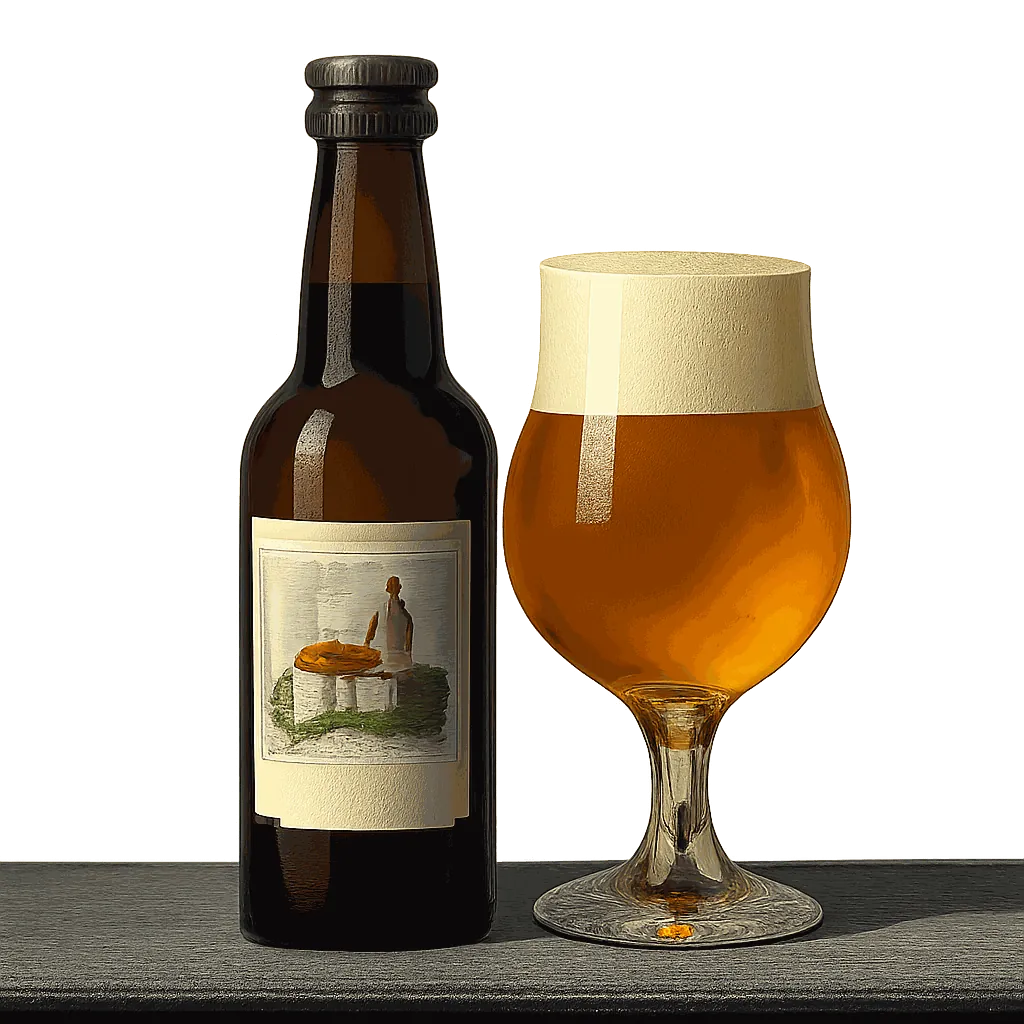Perfect Pairings & Recipes for
Carignan

Exquisite Carignan flavour pairings and recipes, revealed through data science.
Carignan immediately conjures the embrace of raspberry and the kiss of blackberry, but beneath its sweetness lies a complex symphony of subtle flavour notes, such as plum, cherry, and hints of assam tea, contributing remarkable depth. Understanding how these layered flavours work together is the secret to unlocking truly exceptional pairings.
Flavour Profile Of Carignan Across 150 Dimensions Of Flavour
Disagree with any of the scores? Click on the wheel to edit the underlying flavour profile. Your contributions help us develop the most accurate flavour profiles possible, increasing the quality of our analysis.
The Flavour Code
To trace the mathematics of flavour, we analysed more than 50,000 popular ingredient pairings. By exploring these pairings, we identified specific flavour notes that frequently occur together, indicating they share a harmonious relationship.
The Flavours That Harmonise With Raspberry Notes
Strength of Association Between Flavours
The flavours most associated with raspberry notes are: Sugary, Almond, Vanilla, Elder, Lacteal, Violet, Rose, Blossom, Buttery, Lactic.
Flavour Profile Of Carignan And Its Complementary Flavour Notes
Disagree with any of the scores? Click on the wheel to edit the underlying flavour profile. Your contributions help us develop the most accurate flavour profiles possible, increasing the quality of our analysis.
What To Drink With Carignan
How Flavonomics Works
We've pioneered a unique, data-driven approach to decode the intricate art of flavour pairing. Our goal is to move beyond intuition and uncover the science of why certain ingredients harmonise beautifully. This rigorous methodology allows us to provide you with insightful and reliable pairing recommendations.
Our analysis begins with over 50,000 carefully selected recipes from acclaimed chefs like Galton Blackiston, Marcello Tully, and Pierre Lambinon. This premium dataset ensures our model distils genuine culinary excellence and creativity.
Each ingredient from these recipes is deconstructed across 150 distinct flavour dimensions, creating a unique numerical "flavour fingerprint." This quantification allows us to apply advanced analytical methods to identify complex patterns between flavour notes.
We identify popular ingredient combinations that frequently appear in our recipe database. Regression analysis is then performed on these pairings to statistically validate and pinpoint truly harmonious flavours.
These insights drive our predictive model, which allows us to take any ingredient (e.g., Carignan), analyse its detailed flavour profile, and accurately reveal its complementary flavours and perfect ingredient partners.
Explore More
Discover more ingredient profiles and expand your culinary knowledge. Each ingredient page offers detailed analysis of flavour profiles, pairing insights, and culinary applications.
The information presented here is generated by our automated analytical pipelines. When an ingredient's flavour profile is updated, the analysis is updated automatically.


